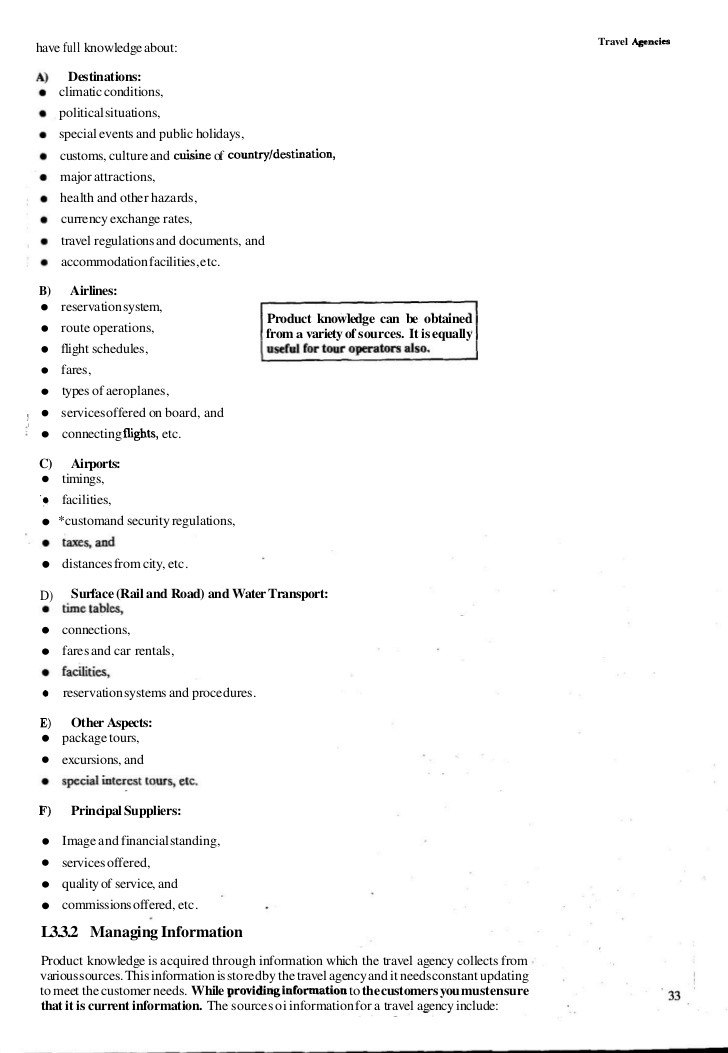3 Tips for Starting a Personal Financial Planning Business
Post on: 16 Июль, 2015 No Comment

Launching a personal financial planning business can be a very interesting and informative entrepreneurial option that can offer you generous monetary rewards and a chance to forge lasting business relationships. Here are some highly effective tips to start a personal financial planning business.
1. Gain Knowledge and Expertise
Financial planning is a highly specialized field, and however intellectually gifted you may be, it is not possible to jump into it overnight without acquiring sufficient knowledge and specific expertise in the domain.
It definitely helps if you have a degree in finance or relevant experience in the arena of financial planning. If you are a novice in the field of financial planning, but have an aptitude for the money market and for building strong interpersonal ties with customers, it is pragmatic to first attend all the possible training sessions and professional seminars to gain a comprehensive insight into the vast industry of personal financial planning.
Learn about the laws related to finance, different investment options, portfolio management, retirement schemes, property investment options and other cutting-edge market trends that will benefit your clients and give a mighty boost to your business. Several colleges and universities offer beginners and advanced courses in tax planning, investments, real estate planning, mutual funds, share markets and risk management, along with a host of other specialized financial niches.
If you are serious about your foray into financial planning, consider getting a certification issued by the Certified Financial Planner Board of Standards that has mandatory requirements of three years of pertinent industry experience, along with specified educational qualifications, clearing a comprehensive written examination and strictly following the professional code of ethics.
2. Build Your Client Base
In the initial stages of your business, focus consistently on aggressive and passive sales calling to build an enviable client base. Some of the super effective promotion tools are offering free or subsidized launching discounts to patrons, and holding events, seminars and conferences to showcase your expertise and network with potential clients.

Ask for references from family, friends and professional associates for tapping the demand for specialized financial knowledge. You can even consider distributing inexpensive flyers in your neighborhood for announcing your arrival in the financial planning arena. Classified advertisements and personal recommendations are also great ways to break the ice with potential clients. Advertise in souvenirs for local fund-raising events, and utilize the Internet to advertise (build a website, join social networking site, join forums, enlist in job directories, etc.).
3. Obtain Necessary Licenses
Not all financial planners need a license to operate independently, however for individuals dealing in mutual funds, bonds, insurance and/or real estate may need to procure the necessary permits for offering additional aligned financial services. The best practice is to look out for state specific laws that will give you a correct idea of the legal ordinances to be adhered to in your region.
A career in personal finance planning can have myriad benefits that include a great pay, a chance to establish good professional relationships and an opportunity to learn about the highly respected, and much sought after, field of financial investment.














